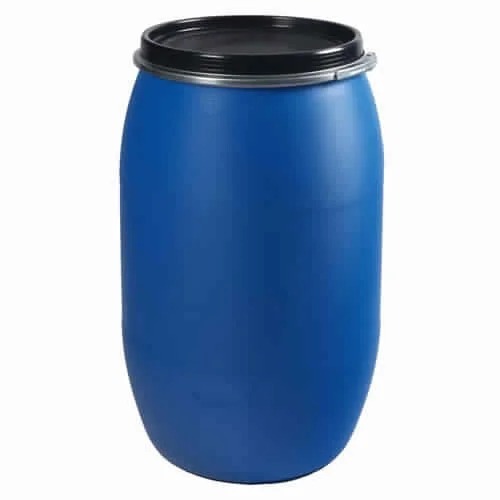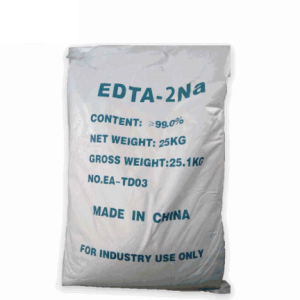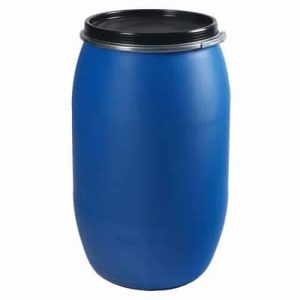Product Details
Mono Propylene Glycol (MPG) 200Ltr Drum
Mono Propylene Glycol (MPG) stands out as a versatile and invaluable compound with a myriad of applications across various industries. Its molecular structure, consisting of two hydroxyl groups attached to a propylene backbone, imbues it with unique properties that make it indispensable in numerous processes. From its role as a solvent and humectant to its presence in pharmaceuticals and food products, MPG continues to demonstrate its versatility and importance in modern society. Let’s delve into the benefits and applications of Mono Propylene Glycol.
Description
Mono Propylene Glycol (MPG): A Versatile Compound with Multifaceted Benefits
Mono Propylene Glycol (MPG) stands out as a versatile and invaluable compound with a myriad of applications across various industries. Its molecular structure, consisting of two hydroxyl groups attached to a propylene backbone, imbues it with unique properties that make it indispensable in numerous processes. From its role as a solvent and humectant to its presence in pharmaceuticals and food products, MPG continues to demonstrate its versatility and importance in modern society. Let’s delve into the benefits and applications of Mono Propylene Glycol.
Solvent and Humectant:
One of the primary applications of MPG lies in its role as a solvent and humectant. Its hygroscopic nature allows it to attract and retain moisture, making it an ideal ingredient in a wide range of products, including cosmetics, personal care items, and pharmaceutical formulations. In skincare products such as lotions and creams, MPG helps maintain skin hydration by drawing moisture from the environment and binding it to the skin, thereby preventing dryness and enhancing skin feel and appearance.
Food and Beverage Additive:
MPG also finds application as a food additive, where it serves various functions such as a solvent, preservative, and humectant. In the food industry, MPG is commonly used as a carrier for flavors, colors, and food additives due to its inert nature and ability to dissolve a wide range of compounds. Additionally, MPG’s humectant properties make it a preferred ingredient in food products such as baked goods, confections, and beverages, where it helps retain moisture and prolong shelf life.
Pharmaceutical Formulations:
In the pharmaceutical industry, MPG plays a crucial role as an excipient in drug formulations. Its solubility in water and many organic solvents, as well as its compatibility with a variety of active pharmaceutical ingredients (APIs), make it a versatile carrier in oral, topical, and parenteral dosage forms. MPG is commonly used in the formulation of oral solutions, suspensions, and syrups, where it serves as a vehicle for drug delivery and enhances the stability and bioavailability of pharmaceutical formulations.
Antifreeze and Coolant Solutions:
MPG’s ability to lower the freezing point and raise the boiling point of water makes it a key component in antifreeze and coolant solutions used in automotive engines and industrial cooling systems. By preventing the formation of ice crystals and inhibiting corrosion within the cooling circuit, MPG-based solutions help maintain optimal engine performance and protect against overheating, especially in cold climates or extreme operating conditions. Additionally, MPG’s low toxicity and compatibility with other additives make it a preferred choice for use in coolant formulations.
Polymer Production:
Moreover, MPG serves as a feedstock in the production of various polymers and resins. Its reactivity with diols and dicarboxylic acids allows for the synthesis of polyesters, polyurethanes, and other polymer materials with diverse properties and applications. MPG-based polymers are used in a wide range of industries, including automotive, construction, textiles, and packaging, where they impart desirable characteristics such as flexibility, durability, and chemical resistance to the final products.
In conclusion, Mono Propylene Glycol (MPG) emerges as a versatile compound with multifaceted benefits and applications across diverse industries. From its role as a solvent and humectant to its presence in pharmaceuticals, food products, and polymer production, MPG continues to play a pivotal role in enhancing the quality and performance of various products and processes. As research and innovation progress, the versatility and importance of MPG are expected to further underscore its significance in the ever-evolving landscape of chemistry and industry.






Reviews
There are no reviews yet.